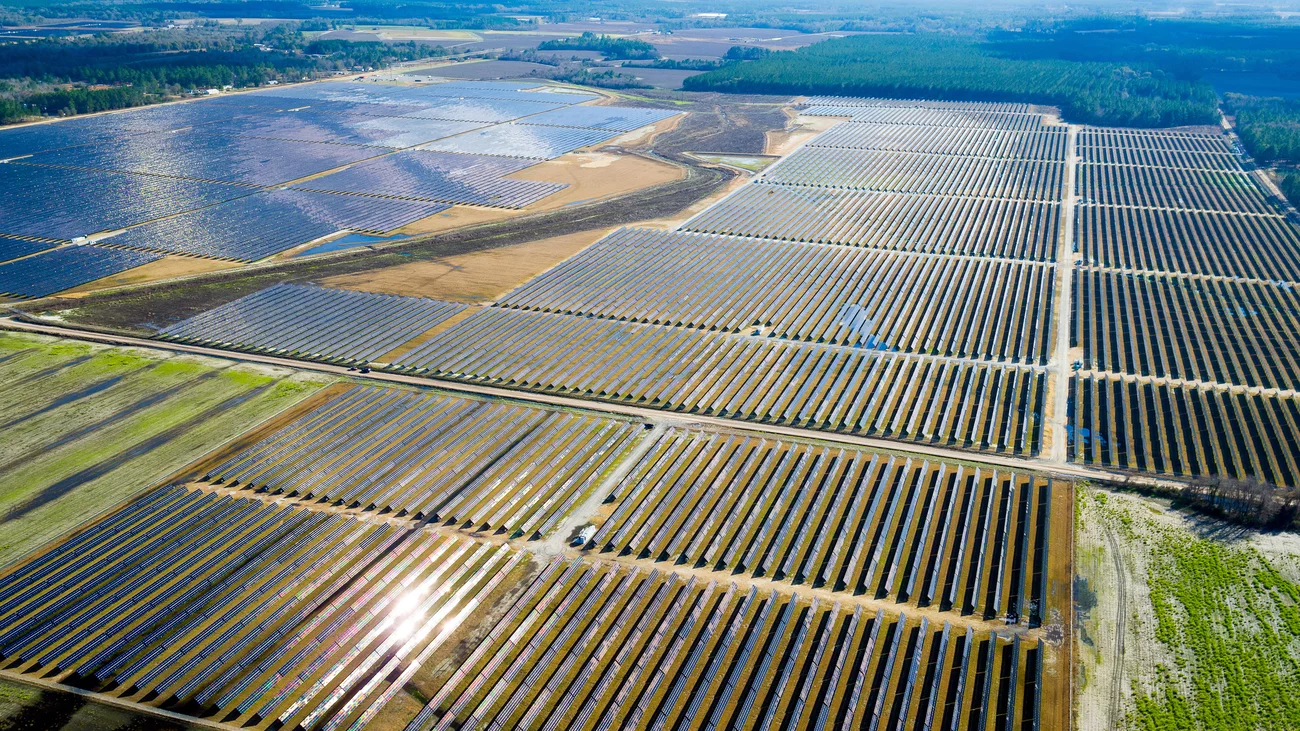
J. R. R. Tolkien is the type specimen for good worldbuilding. He used his expertise in linguistics and medieval poetry to invent new languages, then built a world around those languages, then wrote stories in that world. I have always loved Tolkien and so he should have a place in my discussions of world building. Unfortunately, Middle Earth does not fit the criteria I established in Part I. It does have an atmosphere, but it is not a sphere. The sun and moon are a fruit and a flower from the two trees that sail in ships across the sky. This is not a place where we would expect normal climate science to apply. But the resulting climate ends up mostly making sense. If you understand enough about a few subjects, you often end up inadvertently learning some information about other subjects as well.





